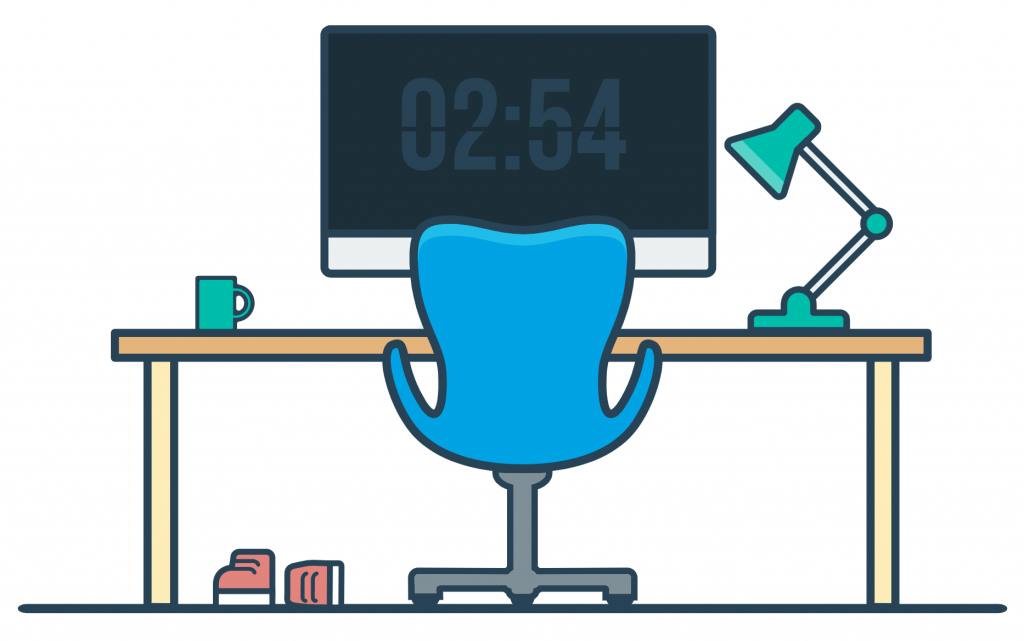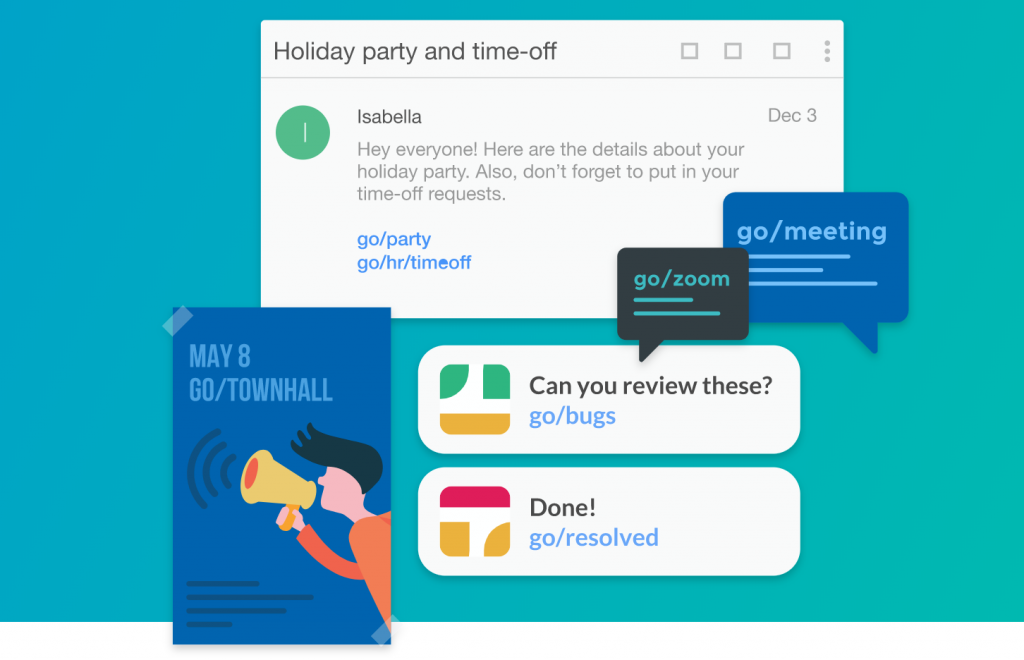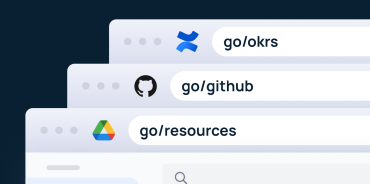What is the Rolodex Effect?
Before the introduction of the internet, many processes for completing daily tasks were optimized for a single worker. A Rolodex was an easy way to keep all of one’s contacts and notes about each contact in a quickly accessible medium right on one’s desk. This process was revolutionary at the time for maintaining great business relationships. One could easily make a phone call and find all of the necessary information on any of your contacts right at your fingertips.
Today, you hardly ever hear about anyone keeping a Rolodex on their desk. So what changed?
Well, there are a few issues with the Rolodex.
First, you had to physically be at your desk in order to access your Rolodex. Want to make a business call while you’re on a business trip? Unless you brought your Rolodex with you, you’d have to pull information about every client from your own memory.

Second, if you wanted to share information about a contact, there was no easy way to let someone else easily access that information. You’d either have to copy all the information down to send it to them or let them borrow your Rolodex.
Third, if someone wanted to borrow your Rolodex, they would have to know how to search through it. Did you index your contacts by first name, last name, or company?
And finally, if someone left the company, they would take all that information with them. Now the company loses valuable information about their clients that was stored in this Rolodex.
This is “The Rolodex” Effect.
Valuable information stored conveniently for an individual, but inaccessible to others in an organization.
This effect slows down productivity and stifles collaboration, and it can be seen in many parts of organizations that haven’t fully adapted to a shared resource culture.
Apps like Salesforce and HubSpot have replaced the Rolodex because anyone in the company can add their notes to any contact. Your company now has a digital Rolodex that everyone in the company can access at any time from anywhere, and that always stays up to date, even if someone leaves the company.
This effect isn’t just limited to contacts, it happens everywhere.

Contacts, spreadsheets, documents, short-form communication, customer support, bookmarks, sales calls, video sharing, file storage, design mocks, todo items, code, database queries, and many more areas fall prey to the Rolodex effect.
Before Google created Google Docs all of your word documents and spreadsheets were confined to your computer, and inaccessible to others. Today, you’ll see many teams contributing to the same Google Doc and building a spreadsheet together.
- Zeplin has moved design from being siloed in Photoshop, to being shared in a knowledge base that anyone in the company can access.
- Front has created the shared inbox for teams.
- Intercom can solve collaborative support emails and chat messages.
- Dropbox solves shared file storage, access, and management.
- Slack is building a knowledge base for shared short-form communication.
- Loom is allowing videos to be shared easily for organizations.
- Notion is recreating an organization based Evernote.
- Linear, Asana, and Jira make collaborative to-do lists.
- GitHub makes sharing and reviewing code collaborative.
- Jiminny is bringing sales coaching into play and making sales calls accessible and searchable.
- Gradle is making the developers’ terminal experience accessible, searchable and comparable.
- GoLinks is centralizing individual bookmarks; making them accessible, searchable, and shareable with just a keyword.
Companies still have a long way to removing the “Rolodex Effect” completely. If you look at industries such as the Medical Industry, you’ll see medical records still being written down manually and stored in filing cabinets. Finding anything in these filing cabinets would be near impossible without a very time-consuming process for storing and indexing these records.
Many of these inefficient processes that are limited by the “Rolodex Effect” need to be replaced in order to make a company resilient to knowledge leaks and optimized for quicker collaboration.
You can usually identify the Rolodex Effect when you hear a someone say, “Well why do I need to use this product? I can simply keep that information in my notepad/desk/phone and access it when I want.” They don’t consider the use case where every single person in the company is storing the same information over and over again.

Too much information is found with “Let me ask so-and-so to send me that information” when it should be “You can find that information right here.”
Don’t let your company be limited by the “Rolodex Effect.” Identify the inefficiencies and replace them immediately.
We are the team behind GoLinks and we want to help your organization find and share the important links everyone uses every day. Stop making lists of important links that get lost or that change frequently. Centralize all your links in our intuitive dashboard at https://www.golinks.io/ and make them searchable, shareable and quickly accessible right at your fingertips.
Access and share resources instantly with GoLinks
Try for free
Twitter • Linkedin • Instagram • Facebook • Youtube • G2 • GitHub














